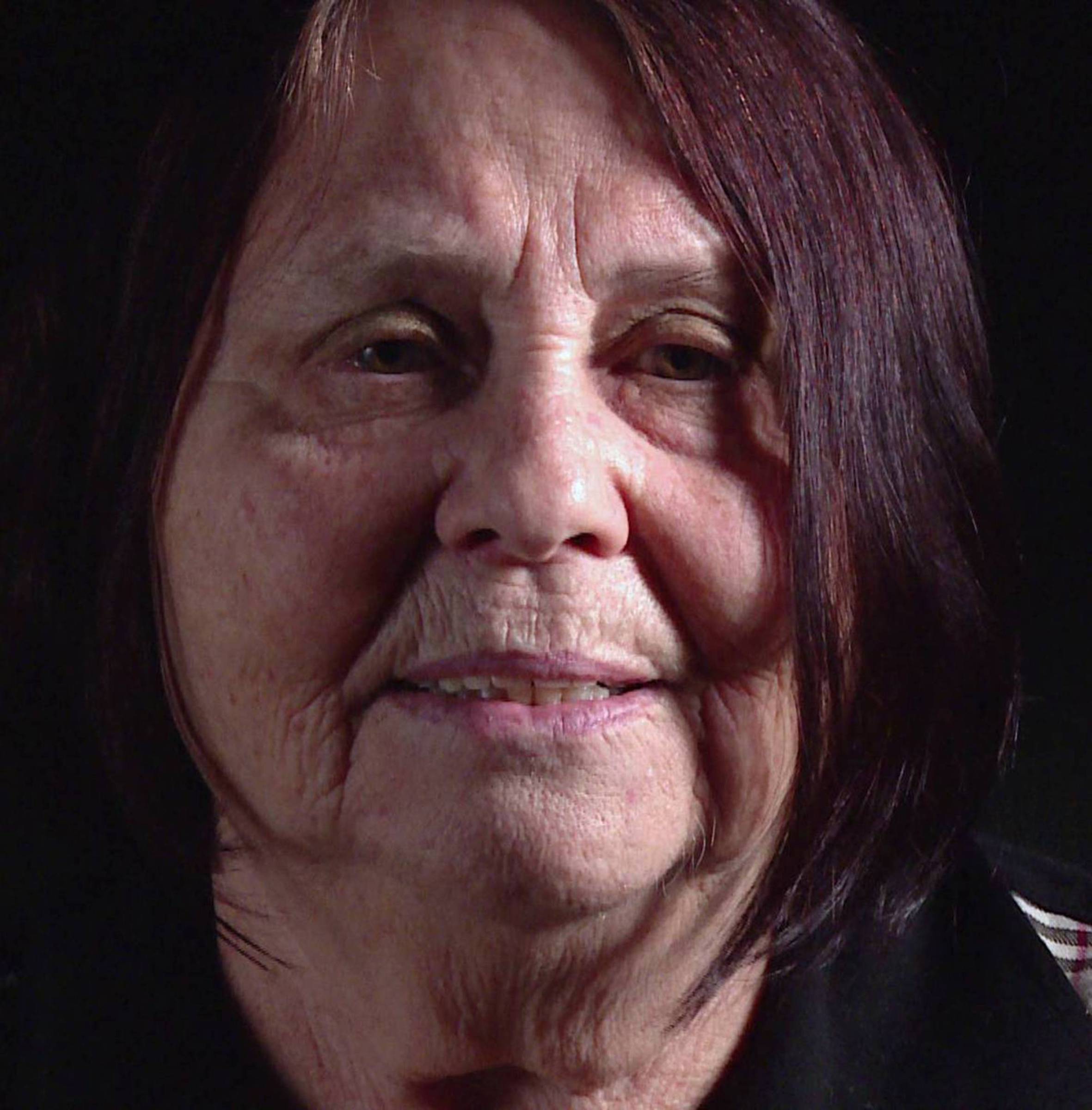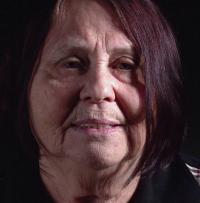“Three days after Stalin’s death we were afraid to go to school.”

Download image
Taťána Kohoutová, née Šlakman, was born in 1938 into a Jewish family in Moscow. Her father worked as a film director, her mother as a show artist, later doing some small-scale business. After Germany’s invasion of the Soviet Union in the summer of 1941, her grandma took Taťána and her older brother by a train to Kazaň, the capital of the Tatar Autonomous Soviet Socialist Republic where Taťána had spent all of the war. Following the end of the war, they returned to Moscow. She graduated from a ten-year-long school. During her school times, she had ran into all kinds of trouble because of her Jewish descent. In 1957, in Moscow, she had met a Czech man Jaroslav Kohout who arrived for a visit as one of the leading representatives of the Czechoslovak Youth Union. For two years, they had a long distance relationship. In May 1959, they got married in Moscow and in September of that year, Taťána moved to Czechoslovakia. She lived with her husband in Dubenec near Příbram, later in Příbram and after a divorce she moved to Carlsbad and eventually to Prague. During the August 1968 Warsaw Pact armies invasion of Czechoslovakia, she met the Soviet troops. She worked as an educator in after-school childcare and later as a teacher. At present, she is retired and lives in Prague.
